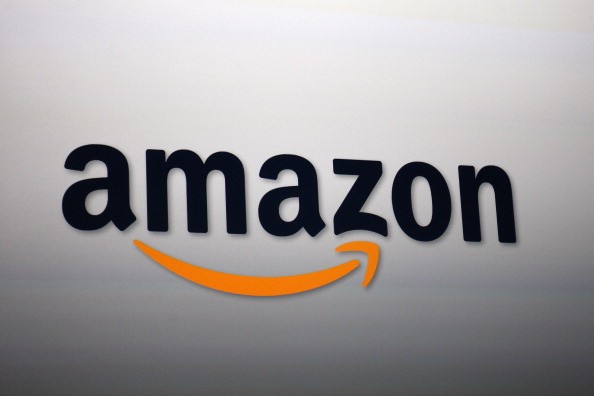Amazon Updates Policy to Prohibit Foreign Plant Sellers
Amazon changed its seller policies, banning foreign plant sellers after thousands of Americans received mysterious packages of seeds from China this summer.

Amazon added the ban on foreign plant sellers on September 2, as per their plants and seeds' seller policy. The news was first reported by The Wall Street Journal.
Sales of seeds, plant products, and plants by foreign plant sellers are not prohibited on Amazon U.S. as part of the change, USA Today reported.
In a statement to news sites, Amazon said they would only be allowing the sale of seeds from U.S.-based sellers moving forward.
The incident on the mysterious seed packages is being investigated. Several agencies are working on the case: Department of Agriculture, Department of Homeland Security's Customs and Border Protection, Postal Service, and others.
According to the USDA Animal and Plant Health Inspection Service, there have been about 8,507 packages collected as of August 31. These packages were recovered from 50 states.
The inspection service also "completed examinations of 2,410 of those packets and identified a total of 321 different species of seed."
So far, there are at least 14 identified species among the mystery packages. The species include mint, lavender, and roses.
The new guidelines on foreign plant sellers took effect since September 3. It added that sellers could be banned if they don't follow the guidelines.
USDA Warned Against Security Threats
The USDA also advised consumers not to plant the seeds and keep them until collected, a BBC report said.
The USDA said there are no human health risks raised because of the seeds seen yet. But they still warned people to wear gloves and limit touching the items.
"People who believe they are experiencing a health issue as a result of touching these seeds should contact their medical provider," they said.
They said sellers have to comply with all the federal laws when they sell seeds and products on the updated Amazon policy. The sellers also have to consider local or state laws that apply to their products.
The policy also noted that importing plant products from outside the U.S. is not allowed on their platform.
In a USDA advisory, they said consumers who received unsolicited seeds "may want to consider" changing their password on the retail site. They also said they might want to tell the company if they feel like their account has been compromised.
The USDA also warned people to raise awareness about any fraud linked to their personal information.
Amazon Suspects Global Scam
The packages received by many are believed to be a part of a global "brushing" scam. Its suspected goal is to gain positive reviews for online selling sites.
This kind of scam isn't something new to e-commerce companies, Forbes noted.
Alibaba, for example, also had such incidents. It has been very public about the issue, considering its stand as a multi-billion dollar industry.
Amazon's run-in in this possible brushing scheme is just the latest hit at a big tech platform that suffered from suspicious seed sending.
Amazon has not yet confirmed an extension of the ban to other countries.
.
Check these out!
Google to Face Antitrust Charges in Coming Weeks, Reports Say
Amazon is Liable for Defective Products, California Court Rules
Amazon to Allocate $18 Billion to Help Small, Medium-Sized Businesses
Subscribe to Latin Post!
Sign up for our free newsletter for the Latest coverage!

















